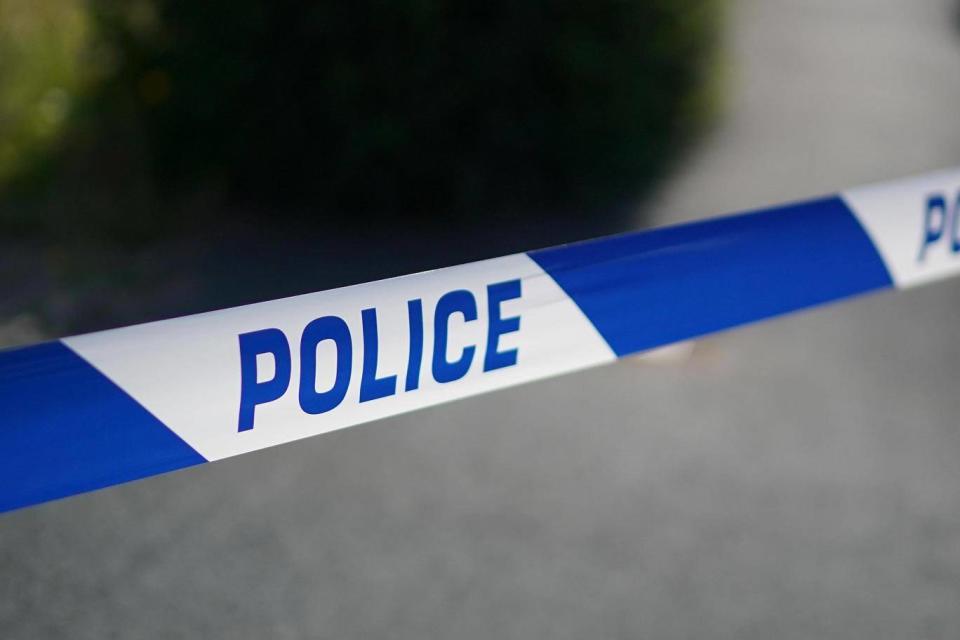Taxi-hailing app Ola warned women to have 'prudence' when accepting rides

A ride-hailing app which advised UK women to have “prudence in offering or accepting a ride” has been criticised by politicians for appearing to suggest the onus is on women to protect their own safety.
Birkenhead MP Frank Field, chair of the Work and Pensions Committee, has now called for a change in the way UK councils license apps, after two local authorities which approved the service admitted they failed to check its terms and conditions (T&Cs), reports Sky News.
Indian taxi app Ola, which launched in the UK in August, published the warning to women on its UK website. It also suggested female passengers “share the ride details with family, friends, and relatives”.
When informed of the warning, the Uber rival immediately amended its terms and conditions, explaining the incident had occurred as a result of a “technical error”.
A spokesperson from Ola told The Independent the warning was accidentally taken from a different set of terms and conditions related to a “car-pool service that was previously offered only in India”.
They said the warning to women is not currently in any of their UK or global T&Cs.
The incident has cast doubt on the way UK councils approve ride-hailing apps for public use.
Ola currently has council-approved services available in Bath, Bristol, South Gloucestershire, North Somerset and South Wales.
However, Cardiff City Council and Bristol Council told Sky News that despite approving the app via its licensing process, they did not read its T&Cs.
‘Terms and conditions that are entered into as part of signing up for the app are not part of the application process,’ a spokesperson for Cardiff City Council, which approved Ola a five-year license in May, told the publication.
However, they said the council is happy with how the company “satisfies the ‘fitness and propriety test’” needed to work in the area.
Meanwhile, a spokesperson for Bristol City Council – which awarded Ola a similar licence in September – said that while it is responsible for licensing the company, it is not accountable for approving “a related app”.
Neither council will be taking action against Ola following the "accident".
Field reportedly questioned how conditions “which all but acknowledge that women are likely to be in danger if they use this platform” were approved by council licensing processes.
He also called for "a swift response from the government" to address reforms to the ways in which local authorities approve such apps.
James Farrar, chair of the United Private Hire Drivers branch of the Independent Workers Union of Great Britain, shared Field’s concern.
"As these operators seek to avoid public liability and employment rights obligations both drivers and passengers are unfairly exposed to risk,’ he told Sky News.
End Violence Against Women Coalition co-director Rachel Krys spoke to The Independent about the need to put an end to victim-blaming in relation to women’s safety.
She said that putting the burden of violence on women rather than assailants “excuses predatory behaviour. It gives them a get out clause”.
"Women are constantly doing safety work. If you ask any woman, she’ll say she thinks about it all the time. It’s not stopping rape and sexual violence."
Krys added that companies need to take responsibility for the safety of their clients and employees. “There’s a reason we have safety and work place regulations, work place and safety. It’s because they’re important.”

Sharon Marks, chair of trustees at sexual violence and abuse charity Survivors’ Network added: “Asking women to modify their behaviour - for example only using certain apps or services, avoiding walking home at night, dressing in a certain way - does not make women any safer.
“What it does is perpetuate rape myths, discourage victims from reporting these kinds of crime, and increasing their own self-blame.”
The incident comes two months after north London police were accused of ‘victim blaming’ for telling women not to wear headphones following a spate of sexual assaults near a London tube station.
Ola launched in India in 2011 and has since expanded to Australia and the UK.
The app says it prides itself on its safety features, which includes an SOS alert and live ride-tracking option.
An Ola spokesperson told The Independent: "We are committed to providing safe and affordable travel for UK passengers and we have a zero-tolerance policy regarding any inappropriate or offensive behaviour for any of our customers and/or drivers."

